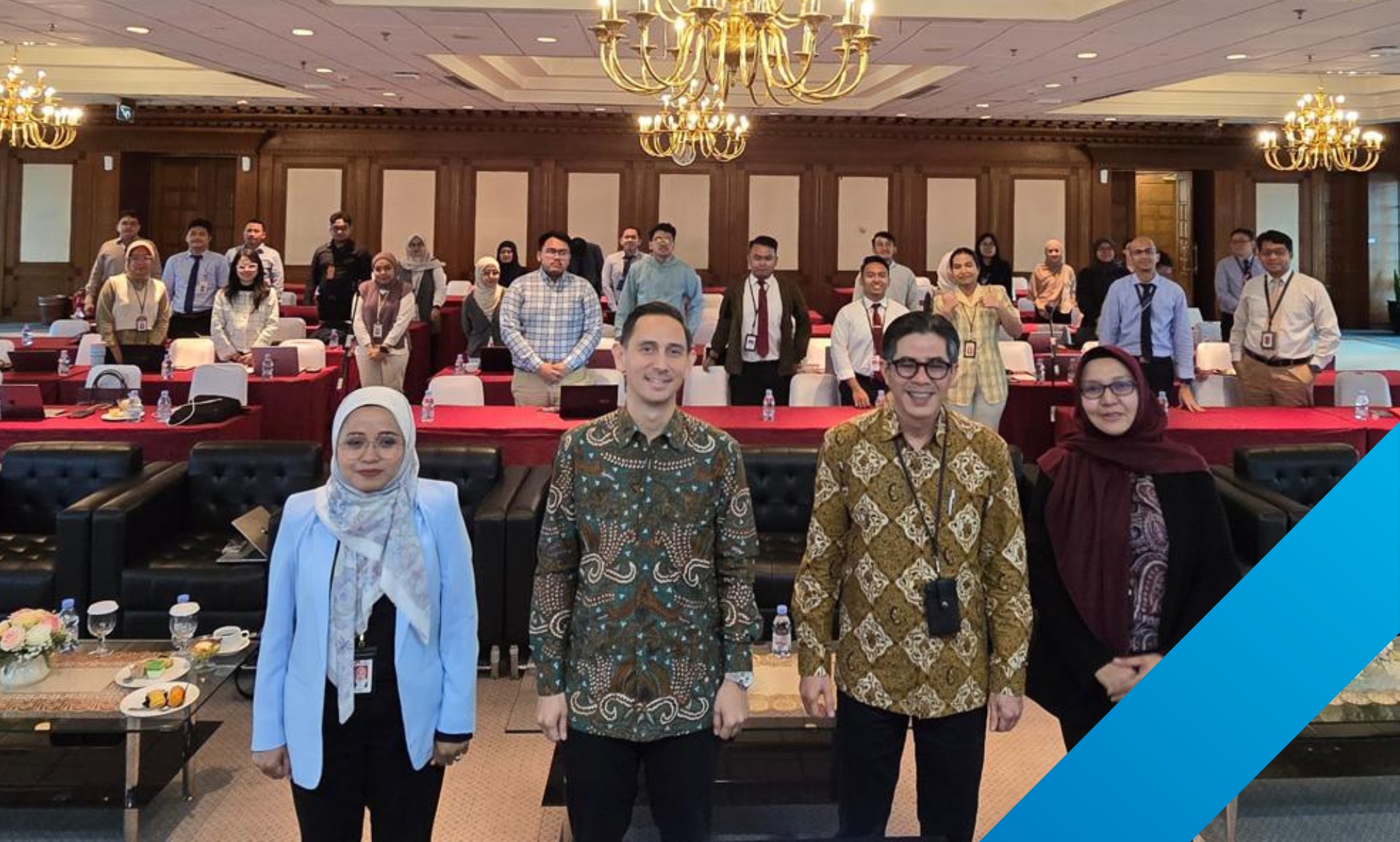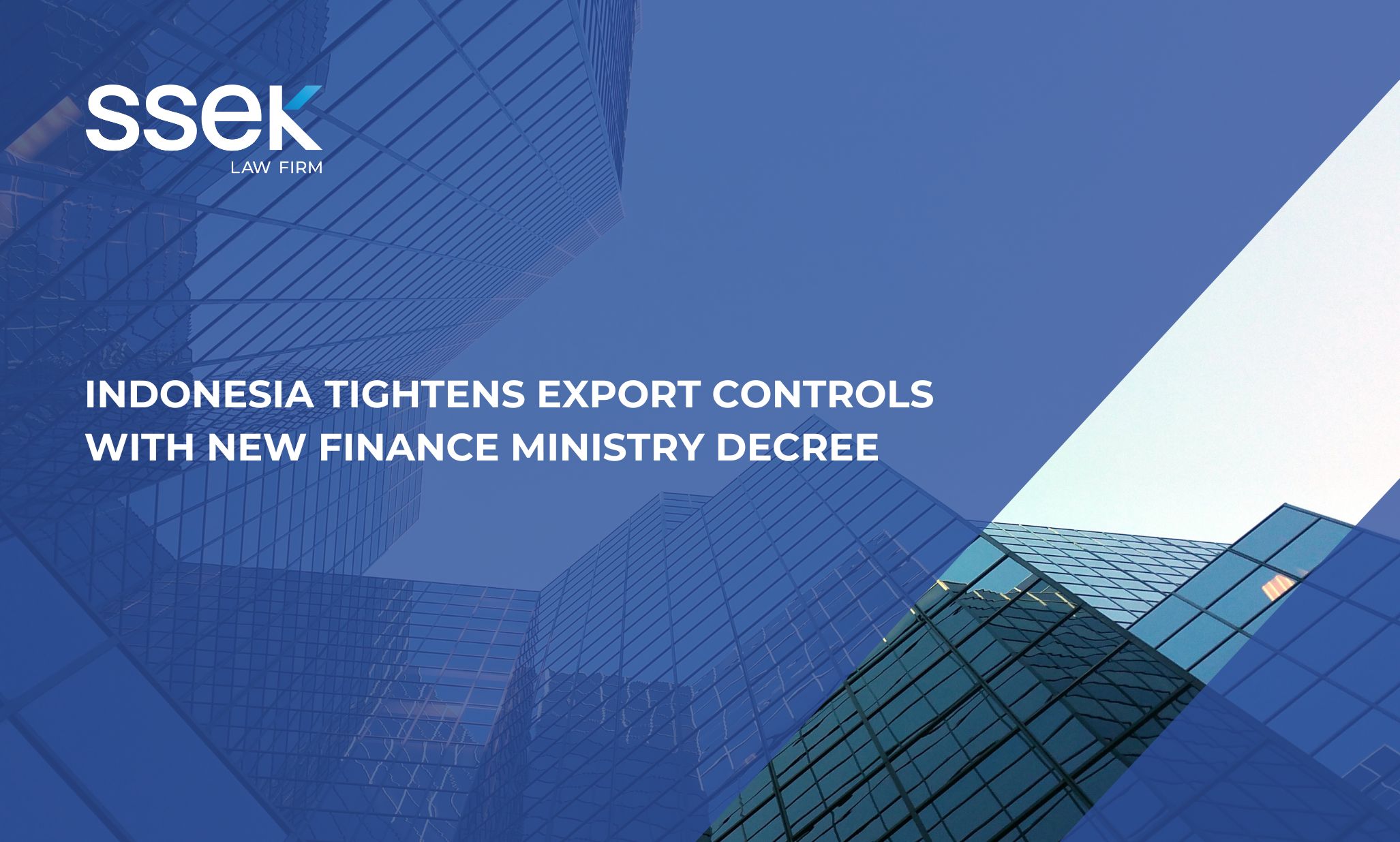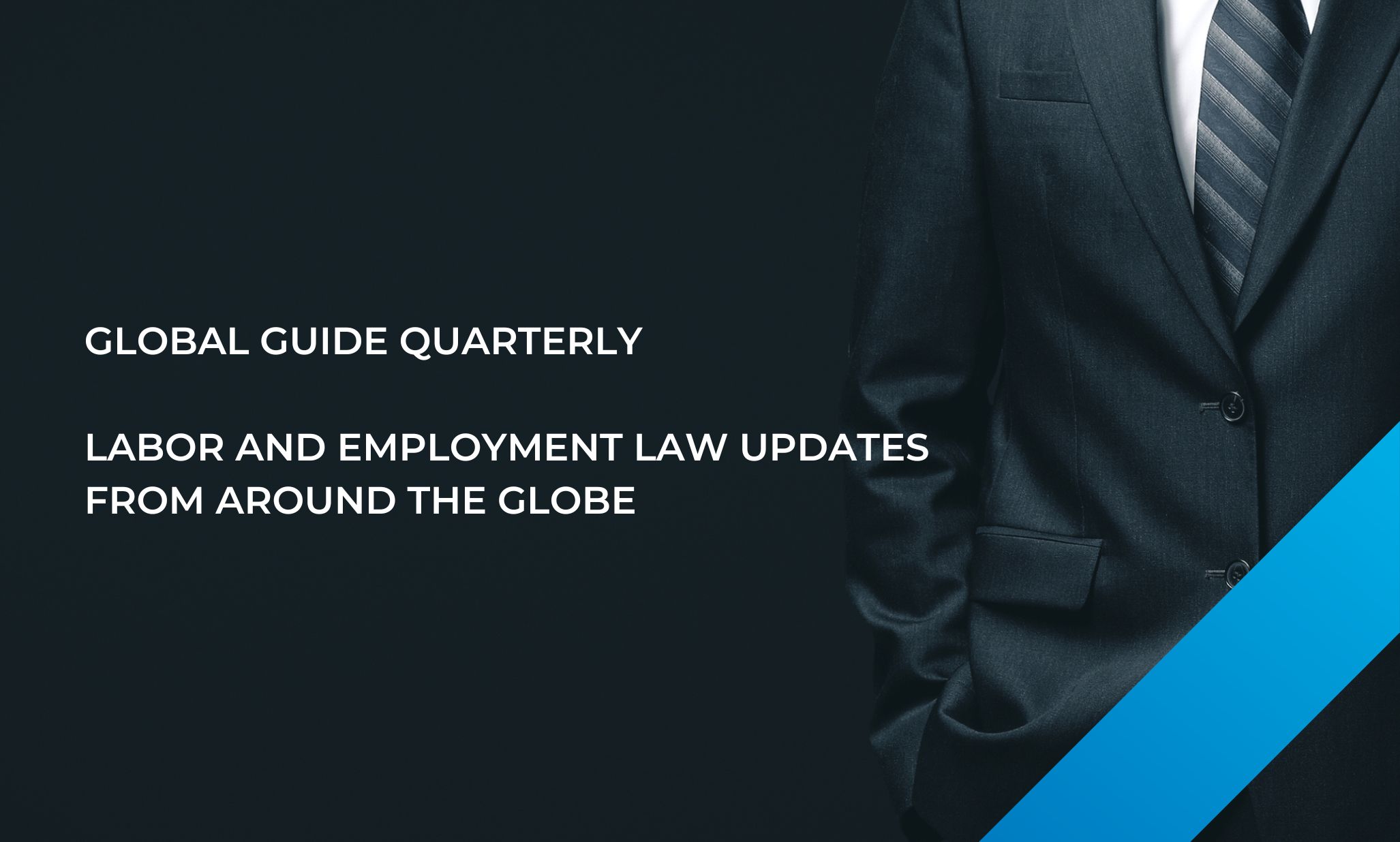

Indonesia's central bank, Bank Indonesia ("BI"), has issued a regulation designed to improve the competitiveness of the banking system by streamlining bank ownership through consolidation and enhancing supervision, particularly in the area of good corporate governance.
BI Regulation No. 14/24/PBI/2012 regarding Single Ownership in Indonesian Banks was issued on December 26, 2012. It addresses what is known as the Single Presence Policy ("SPP") and is seen by the central bank as a tool to strengthen the foundation of Indonesia's banking industry.
SPP in essence requires parties with controlling stakes in more than one bank to merge their banks, establish a bank holding company to hold the bank shares they own, or set up a "holding function," where a bank or the Indonesian Government consolidates all the activities of its subsidiary banks under a single controlling entity.
A controlling shareholder is defined in the regulation as a shareholder that owns 25 percent or more of the capital in a bank, or a shareholder that owns less than 25 percent of the voting shares but with the ability to either directly or indirectly control the bank.
Bank Mergers
In the merger alternative, the merged banks will enjoy certain privileges. These include a temporary exemption from satisfying the minimum statutory reserve stipulated by BI and additional time to comply with the regulated legal lending limit and the maximum permitted provision of funds as a percentage of bank capital. The merged banks will also enjoy a relatively easier process for opening branch offices and a temporary exemption from implementing good corporate governance policies.
Another privilege for controlling shareholders, subject to certain qualifications, is the possibility of owning more than 40 percent of the capital in the bank resulting from the merger, as provided for under the BI regulation on share ownership in banks.
The merger process, however, is subject to the BI regulation concerning the merger, acquisition, and consolidation of banks. As might be expected, a massive amount of paperwork must be precisely completed to secure prior approval from the central bank for the merger. Any stumbles at this stage could result in significant delays in the merger process.
Fit-and-proper test requirements under the relevant BI regulation are applicable to the post-merger shareholders, and also to members of the resulting bank's boards of directors and commissioners.
Bank Holding Company
In the bank holding company alternative, the controlling shareholder is required to establish a legal entity in the form of an Indonesian limited liability company. This legal entity, known as a bank holding company, will hold the bank shares owned by the controlling shareholder. This is similar to the ownership concept behind Temasek, the investment company owned by the Government of Singapore, and Woori Financial Holdings & Co., the financial services company controlled by the Government of South Korea, as well as Hana Financial Group, a bank holding company in South Korea.
Under Indonesia's SPP, the benefit of this alternative is that once BI approves the establishment of the bank holding company and the holding company is established, it is exempt from having to obtain prior approval from the central bank for the acquisition of banks owned by the controlling shareholders. The bank holding company can also receive an exemption from the 40 percent bank ownership limit, provided that certain qualifications are fulfilled and maintained.
However, the BI regulation concerning fit-and-proper tests is not only applicable to potential members of the boards of directors and commissioners of the banks, but also to members of the boards of directors and commissioners of the bank holding company. The bank holding company option has a potentially major drawback. In the event that the controlling shareholders are foreign nationals, these shareholders would likely prefer to have majority control.
This means the bank holding company shareholders would mainly be foreign nationals and therefore the authority of the Capital Investment Coordinating Board (Badan Koordinasi Penanaman Modal or "BKPM") would come into play. As a result, prior approval from the BKPM would have to be obtained to establish the bank holding company. One of the conditions of this approval is a minimum capital cash investment of US$1.2 million, which is a significant cost to establish the bank holding company.
Bank Holding Function
The last alternative is to establish a bank holding function. Like a bank holding company, this alternative is something of a new concept under Indonesian banking regulations. It basically entails setting up a controlling entity for all the activities of subsidiary banks. Under the SPP, this alternative is available only to banks established under Indonesian law. The holding function must be managed by a member of the board of directors of the bank that is the controlling shareholder of the holding function structure, or an official appointed by the senior management of a government institution of Indonesia.
SPP Exemptions
The BI regulation outlines two scenarios in which a controlling shareholder in more than one bank is exempt from compliance with the SPP. This first is if the controlling shareholder owned shares in a joint venture bank prior to the enactment of the Indonesian Banking Law, or Law No. 7 of 1992 as amended by Law No. 10 of 1998. And the other scenario is if the two banks are involved in different areas of the banking industry, such as a conventional bank and a Shariah bank.
Penalties
Apart from the exceptions above, a controlling shareholder who fails to comply with the SPP faces a number of serious sanctions. These include not being allowed to exercise any controlling function over the relevant bank and being prohibited from owning more than 10 percent of the bank's voting shares. Any excess shares above this 10 percent held by the controlling shareholder would be recorded as non-voting shares until the controlling shareholder divests them, with a one-year time limit for such divestment. Failure to comply with this divestment requirement could result in the controlling shareholder being prohibited from owning a controlling stake in any Indonesian bank for 20 years. In addition, failure to comply would result in a Rp 500 million fine and good corporate governance penalties in Government evaluations of the bank's financial health.
Depending on the alternative undertaken by the controlling shareholders, BI provides a window of six months to one year to fully comply with the SPP.
About SSEK
SSEK is a leading full-service corporate and commercial law firm based in Jakarta, Indonesia. Since its founding in 1992, SSEK has grown to one of the largest and most highly regarded corporate law firms in Indonesia. SSEK is recognized by independent legal directories including Chambers & Partners, The Legal 500 and Asia Law as a leading law firm in Indonesia across all major practice areas including banking and finance, capital markets, corporate law and mergers and acquisitions, construction and real estates, energy and natural resources, IT and telecommunications, labor and employment, project finance, restructuring and insolvency, and shipping.
This publication is intended for informational purposes only and does not constitute legal advice. Any reliance on the material contained herein is at the user's own risk. You should contact a lawyer in your jurisdiction if you require legal advice. All SSEK publications are copyrighted and may not be reproduced without the express written consent of SSEK.









